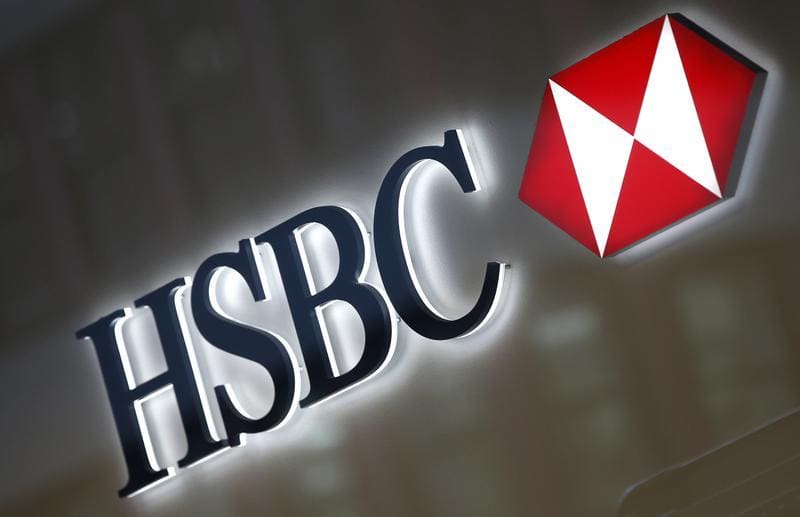HSBC has confirmed that its chief executive Stuart Gulliver holds a Swiss bank account – where he stores bonuses.
The bank revealed the information in response to a newspaper article alleging Gulliber of keeping £5m in a Swiss account via a Panamanian company.
HSBS said that Mr Gulliver is a Hong Kong resident and has paid all required taxes in the UK.

HSBC has been dragged into a big tax-avoidance scandal
“Since being posted to the U.K. from Hong Kong in 2003, Mr. Gulliver has paid full U.K. tax on the entirety of his world-wide earnings, “ the company said.
No mention of the Panamanian company was made.
Although the article, which was published by the Guardian, doesn’t suggest any illegal activity it does increase focus on HSBC’s tax advisory business.
Earlier this month HSBC was accused of helping people avoid taxes in the UK by using hidden accounts in Switzerland.
HSBC published a long “SORRY” letter last weekend in several Sunday newspapers, where it expressed its “sincerest apologies” for helping super-rich clients avoid taxes at its Swiss arm.
Former director of public prosecutions believes HSBC should face UK criminal charges
Lord Ken Macdonald, former director of public prosecutions, said that there is “credible evidence” that HSBC has been involved in enabling tax evasion.
Macdonald said that the HMRC’s decision not to prosecute HSBC was seriously flawed.
In a legal opinion prepared for the consumer watchdog, SumOfUs, Lord Ken Macdonald said:
“It seems clear, from the evidence we have seen, that there exists credible evidence that HSBC Swiss and/or its employees have engaged over many years in systematic and profitable collusion in serious criminal activity against the exchequers of a number of countries.
“The corporate and wholesale nature of HSBC Swiss’s apparent involvement in what amounts to grave cross border crime makes it all the more obvious that the relevant evidence, once it came the attention of HMRC, should have been the subject of urgent and sustained criminal investigation.”

